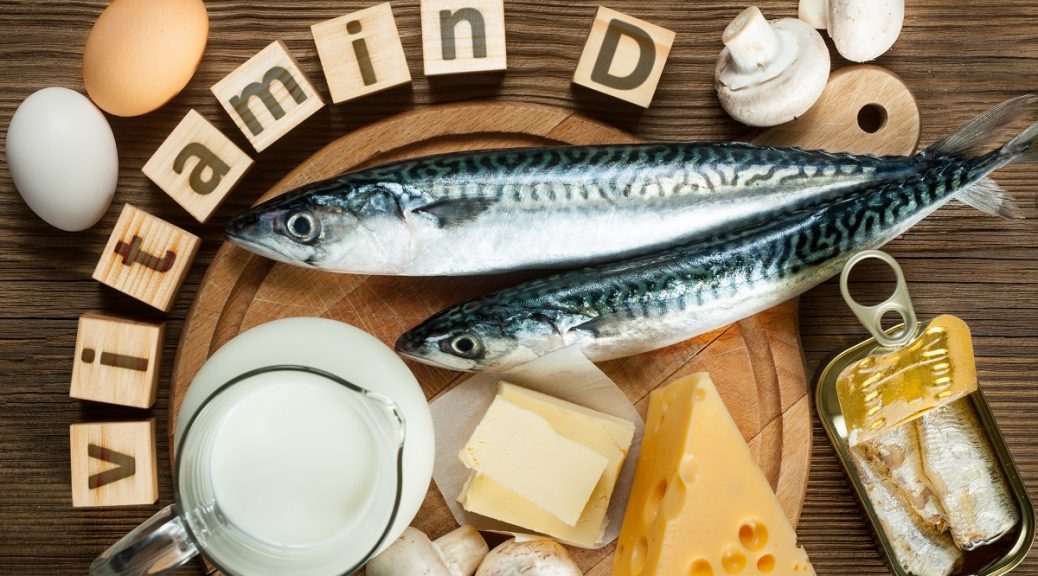
The Importance of Vitamin D
The importance of vitamin D for our health has been highlighted in recent years. In fact, in 2016, Public Health England (PHE) published new advice recommending everyone to take a daily supplement containing 10 micrograms of vitamin D during autumn and winter, and for children to take one all-year round.
Dr Louis Levy, head of nutrition science at PHE, said: “A healthy, balanced diet and short bursts of sunshine will mean most people get all the vitamin D they need in spring and summer. However, everyone will need to consider taking a supplement in the autumn and winter if you don’t eat enough foods that naturally contain vitamin D or are fortified with it. And those who don’t get out in the sun or always cover their skin when they do, should take a vitamin D supplement throughout the year.”
Why we need vitamin D
Vitamin D is essential for good health as it helps regulate the amount of calcium and phosphate in the body, and these nutrients are needed to keep bones, teeth and muscles healthy. A lack of vitamin D can also lead of bone deformities, such as rickets, in children, and bone pain caused by a condition called osteomalacia in adults.
Calcium and vitamin D are also needed for normal growth and bone development in children.
“Vitamin D is essential for our health as it is needed for the maintenance of normal bones and teeth. It also contributes to the normal absorption and utilisation of calcium and phosphorus and the maintenance of normal blood calcium concentrations,” said a spokesperson from Salus Haus.
How to ensure we get enough vitamin D
Vitamin D is called the ‘sunshine vitamin’ as it is produced in your skin in response to sunlight. The NHS advises that from late Match/early April to the end of September, most of us should be able to obtain the vitamin D we need from sunlight, but between October and early March, we often don’t get enough of this vital vitamin due to the lack of direct sunlight on our skin.
“Vitamin D is a fat-soluble vitamin that is different from most other vitamins because our bodies can make most of what we need with exposure to sunlight. However, during the autumn and winter, you need to get vitamin D from your diet because the sun isn’t strong enough for the body to make vitamin D. It can be difficult for people to get enough vitamin D from food alone, so they should consider taking a supplement containing vitamin D during the autumn and winter,” advises Salus Haus.
There are a number of vitamin D food sources, including oily fish, red meat, liver, egg yolks and fortified foods (such as cereal and fat spread). To ensure you are getting enough vitamin D, experts recommend taking a daily supplement.